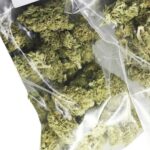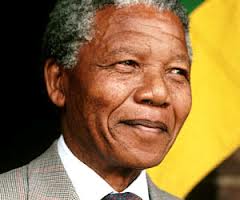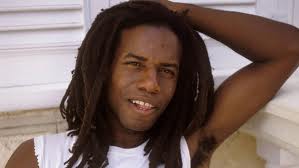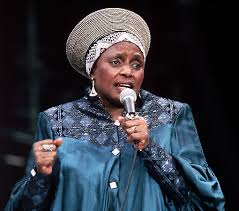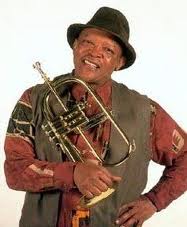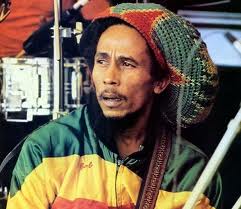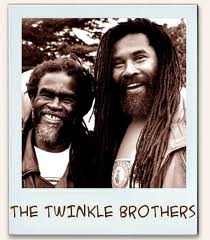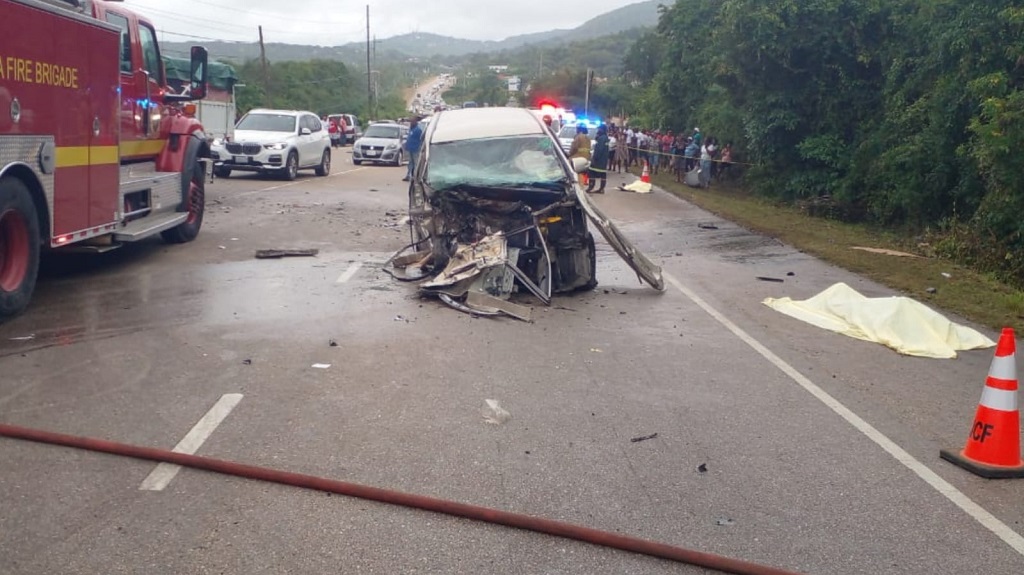BY BENJAMIN NJOKU–
“It is music and dancing that makes me at peace with the world and at peace with myself.” These were the confessional words of Nelson Mandela which he made in 1999 after joining South African singer, Johnny Clegg – the “White Zulu”- on stage in France to express his deep love for music.
The former president of South Africa, from all indications was not ignorant of the vital role that music played in keeping his imprisonment and the sustained fight against the then apartheid government in South Africa on the world stage.
From reggae singer legend Eddy Grant with Gimme Hope Jo’Anna to jazz great Hugh Masekela with Bring Him Back Home, and Nigeria’s Sunny Okosun’s “Fire in Soweto”, musicians composed and dedicated songs to Mandela and the anti-apartheid struggle.The message was clear, “Free Nelson Mandela.”
Exiled South African musicians like Hugh Masekela, Ladysmith Black Manbazo and the late Miriam Makeba popularly known as “Mama Africa” kept up pressure on the apartheid government through their music.
Makeba, known for songs like Pata, Pata and A Luta Continua, addressed the UN Special Committee on apartheid several times. Before and after Mandela’s release, she was one of the first performers to be asked to appear at music concerts in honour of the people’s hero.
Before the end of apartheid in 1994, one thing most songs dedicated to Mandela had in common is that they were almost banned by the then white minority government in South Africa.
But despite the bans, songs often became powerful weapons in the fight against racial segregation. South Africa’s Clegg reportedly told Talk Radio 702 that activists copied and distributed Asimbonanga, which he wrote in 1986 at the height of the country’s state of emergency when protesters fought pitched battles with police and the army in the black townships.
Bob Marley declared war against repressive regimes in Africa. His ‘War’ song, which happened to be an aftermath of a speech delivered by Ethiopian leader then, Haile Selassie to the UN conference in 1963, in New York, against racial inequality in Africa was a direct attack against the apartheid government in South Africa, and the continued incarceration of Mandela as a prisoner of conscience. “Until the philosophy which hold one race superior and another inferior is finally and permanently discredited… And abandoned , everywhere is war..”, he sang.
Apart from Marley’s “War” song, another famous song that kept Mandela on the world stage was “Free Nelson Mandela”, written by Jerry Dammers and performed by his band, the British ska group, the Special AKA. Although banned in South Africa, it was played at football matches in the black townships and was an international hit.
Dammers was instrumental in organising the 70th Birthday Tribute to Mandela at London’s Wembley Stadium in June, 1988, while Mandela was still in jail.The event, whose line-up included Sting, Stevie Wonder, Jackson Browne and anti-apartheid campaigner Steven Van Zandt, was broadcast to millions of a global audience and did much to raise awareness of Mandela’s incarceration.
However, Mandela reportedly had a direct connection to reggae music. While he was imprisoned, he had, however, met with one of the spiritual fathers of reggae music, Haile Selassie, in Ethiopia in 1962, the same year that he began his incarceration. Reggae, born in the streets of Jamaica less than a decade later, took up Mandela’s cause while he was holed up in Robben Island prison.
In addition to Eddy Grant’s “Gimme Hope, Jo’Anna,” Nigerian highlife singer Sonny Okosun delivered his incendiary reggae jam “Fire in Soweto” in 1978, in honor of South Africa’s plight. Shortly after he released the song, late Afro-beat King,Fela and his Egypt ’80, in 1989 released the anti-apartheid “Beasts of No Nation” album that depicts on its cover the then U.S. President, Ronald Reagan, UK Prime Minister Margaret Thatcher and South African Prime Minister, Pieter Willem Botha. That was not all, between the mid-eighties and early 1990s, Nigerian musicians came out in full force to compose as well as render songs, calling for the unconditional and immediate release of Mandela from incarceration. Onyeka Onwenu led the way with her “Winnie Mandela” song followed by Mandators and Majek Fashek.
However, on the international scene, Jamaican reggae band which was formed in 1962, the Twinkle Brothers frequently composed songs about African wars, poverty and starvation. Nearly every album featured a song calling for African liberation. One of such songs was “Free Africa”.Just as Peter Tosh’s “Equal Rights”denounced the apartheid regime in South Africa.
Interestingly, after Mandela’s death, many of the songs that became a soundtrack to the anti-apartheid struggle in the 1980s are reportedly back on the airwaves, adding to the chorus of global tributes to the beloved statesman.
Those who attended his memorial service last Tuesday confirmed that it was punctuated with songs and dances from several performers, including a choir that led the crowd in gospel and anti-apartheid songs.




